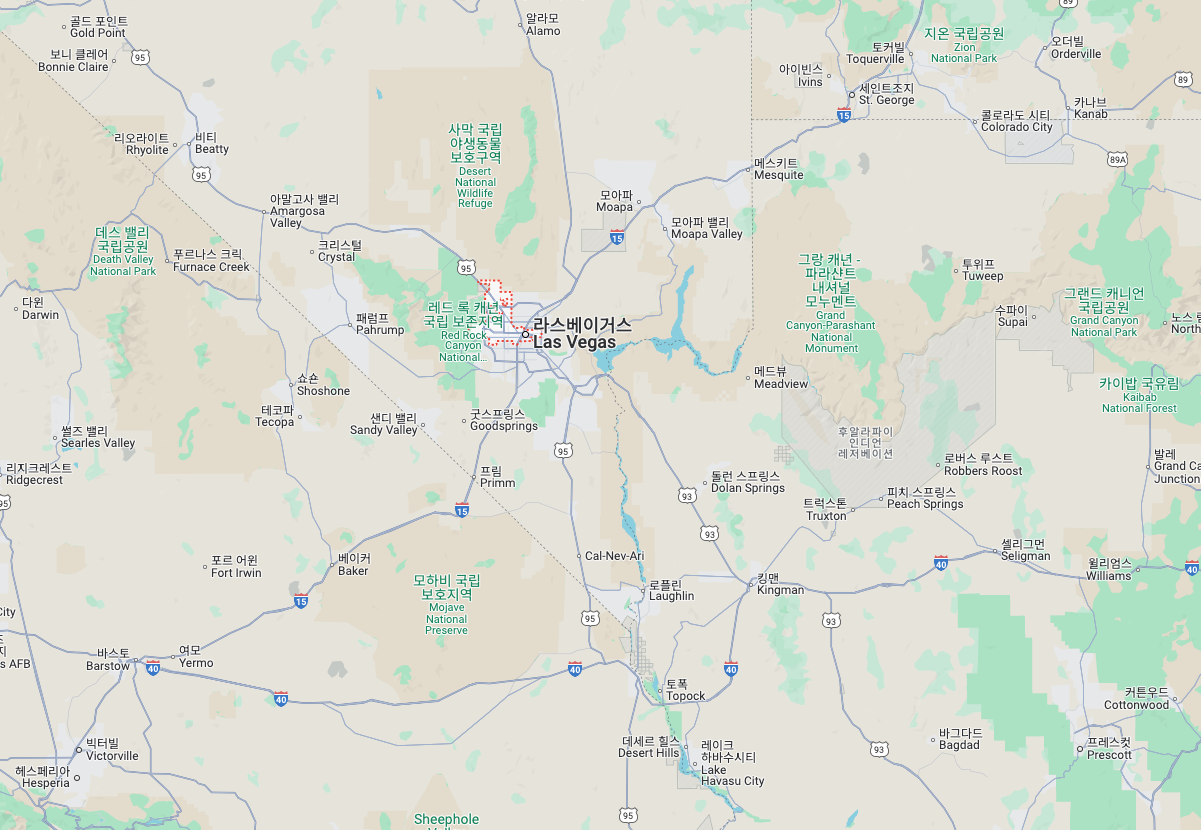Skilled workers, professionals with advanced degrees, and individuals with extraordinary ability may qualify. Most categories require labor certification and a permanent job offer from a U.S. employer. These green cards help fill workforce gaps in industries like healthcare, technology, engineering, and academia.
An employment green card lawyer at Hayoon Kane Law Firm, PLLC, can help you with all of your immigration law issues.
What Is an Employment-Based Immigrant Green Card?
It is possible for certain foreign workers to enter the United States by virtue of their skills and training. They would be able to live and work in the United States, and they may even have a pathway to become a citizen once they have held a green card for a certain amount of time. There are numerous categories of employment-based green cards, and you need to determine which one may work best for your situation. Each category may have its own rules and potential challenges that you need to consider before you apply for one.
What Are the Categories of Employment-Based Green Cards?
EB-1: Priority Workers
Highly skilled individuals with exceptional abilities or those in specific professional fields can apply for a green card under the EB-1 category. There are three subcategories for EB-1 green cards:
- Individuals with extraordinary ability in science, arts, education, business, or athletics
- Outstanding professors and researchers who have gained international acclaim in their field
- Multinational managers and executives who are being transferred to a U.S. company.
The criteria are not always easy to meet, but this category of green cards has quicker processing times available, and you do not need to seek certification from the Department of Labor before you can apply for the green card from USCIS.
EB-2: Advanced Degree and Exceptional Ability
The next preference is for the following categories of green cards:
- If you have a Master’s or doctorate (or the foreign equivalent) or a bachelor’s degree with at least 5 years of progressive experience in the field
- You have exceptional ability in the sciences, arts, or business.
You can also self-sponsor for an EB-2 green card and not have the obligation to seek a certification from the Department of Labor if you qualify for a National Interest Waiver.
EB-3: Skilled Workers, Professionals, and Other Workers
The third preference is for somewhat less skilled workers. There are three subcategories to an EB-3 green cards:
- skilled workers who have at least two years of training or experience in the specific job offered
- Professionals who hold at least a U.S. bachelor’s or foreign equivalent degree and are a member of the professions.
- Unskilled workers who are capable of performing unskilled labor whose job requires less than 2 years of training or experience, not of a temporary or seasonal nature.
These green cards require both employer sponsorship and certification from the Department of Labor.
EB-4 Special Immigrant Green Cards
The EB-4 green card is an employment-based immigrant green card for “special immigrants,” including religious workers, certain U.S. government employees, Afghan/Iraqi translators, and others. It allows eligible individuals to obtain lawful permanent residency (a green card) in the United States without the need for labor certification. Applicants typically need a U.S.-based sponsor or employer to petition on their behalf.
EB-5 Foreign Investor Green Cards
There is a category of green cards for those who are willing to invest a certain amount of money (usually $1.05 million, unless the project is in a “targeted employment area”) in an enterprise that must create or preserve at least 10 full-time jobs for U.S. workers.
The Role of the Employer in the Visa/Green Card Process
For most of these types of visas, you will be sponsored by your employer. Unless you are applying for a National Interest Waiver or you are a foreign investor, you will be unable to apply for a visa or a green card on your own. The employer will first make you a job offer because your application is dependent on there being a specific job opportunity that you are accepting in the United States.
Before the employer can even apply for the green card, they need to seek a labor certification from the Department of Labor. Although it is the national policy to admit certain immigrants into the country, it is also a priority to ensure that green cards do not come at the expense of the American worker. Thus, the Department of Labor needs to certify that there are not U.S. workers for your specific job and that your employment will not adversely affect the wages and working conditions of American workers.
Once your employer has received the certification, they could then file the actual petition on your behalf. they would need to include enough information and documentation that shows that you meet the requirements for the individual category. Your employer will work closely with you during the process to ensure that they have all of the documentation that needs to originate from you, such as paperwork that demonstrates your qualifications and skills.
What Do You Do in the Employment-Based Green Card Application Process?
Besides cooperating with your employer and ensuring that they have all the paperwork they need from you, there are things that you must do during the process. To be clear, the employer is doing much of the work during the process since they are the ones who need to sponsor you.
Once your employer has applied for the green card, you need to shoulder more of the work during the process. You need to provide biometric information and attend an interview at the United States consulate or embassy in your home country. You will also work with your employment green card lawyer if there are any questions that arise while USCIS is processing your application, or if you are asked to provide additional evidence in support of your application.
Are There Caps on Employment-Based Green Cards for Skilled Employees?
Each green card in the EB category has an annual cap that is set by Congress. USCIS does not have leeway to exceed the cap. If the cap is reached in a given fiscal year, no more visas under each category can be issued until the next one begins. The cap is often reached before the end of the fiscal year, meaning that you must be quick and purposeful when submitting an application.
An employer needs to act relatively quickly when they are seeking to bring over a certain employee before the cap is reached. At the same time, the employer also needs to take enough time with the application to avoid any mistakes or gaps that USCIS comes back and addresses through a Request for Evidence.
How Does an Employment Immigration Lawyer Help You?
Hiring an employment immigration lawyer is a worthwhile investment because it can both increase your chances of success, and it will take much of the burden off your shoulders. An employment green card lawyer can help you in the following ways:
- Strategic Advice and Explanation: You may want to learn more about the individual categories and what type of work green card is best suited for your skills and abilities. A work visa lawyer will explain each of the possible categories and their individual requirements.
- Preparing the Applications: Employers or individuals will hire an employment green card attorney for help with completing and filing the application. Each application requires supporting documentation that shows that you meet the requirements of the category. Your immigration attorney will help you compile the documentation that can make a persuasive showing to USCIS that you qualify.
- Communication with USCIS and DOL: You may need to communicate with two government agencies during the application process. An employment immigration lawyer can speak with the agencies on your behalf and answer any questions that they may have.
- Respond to Requests for Evidence: USCIS may issue more formal questions if they have any concerns about the application. You must take these seriously because the issues that USCIS is asking about can lead them to deny the petition. Your attorney can help you address the RFEs.
- Represent You in an Appeal: As an applicant for a green card, you have the right to due process if your application is denied. An employment immigration lawyer can file the appeal on your behalf and work to show that USCIS made a mistake of fact or law in denying your application.
Contact an Employment Immigration Lawyer for Help with Work Visas and Green Cards
Reach out to Hayoon Kane Law Firm, PLLC, for a free case review to discuss a potential employment-based green card to enter the United States. You can speak with a work visa lawyer by filling out an online contact form or by calling us today at (702) 463-7630. We are located in Las Vegas, NV and we serve clients in all 50 states.



